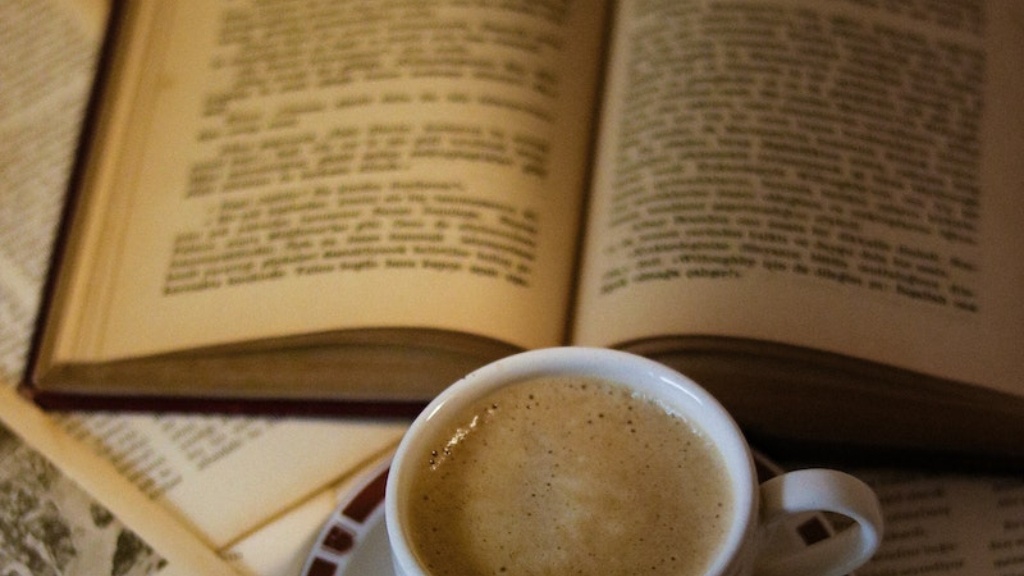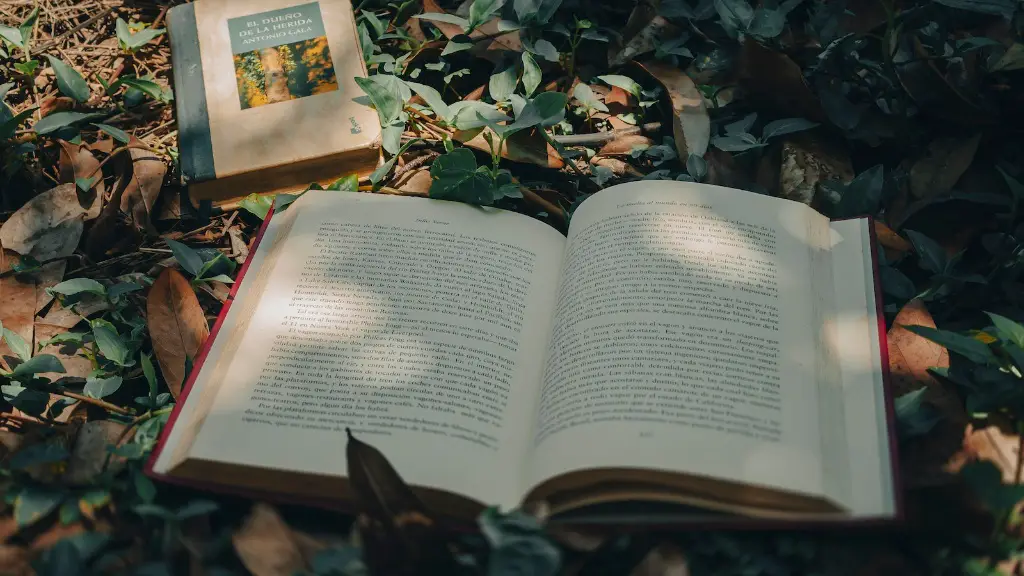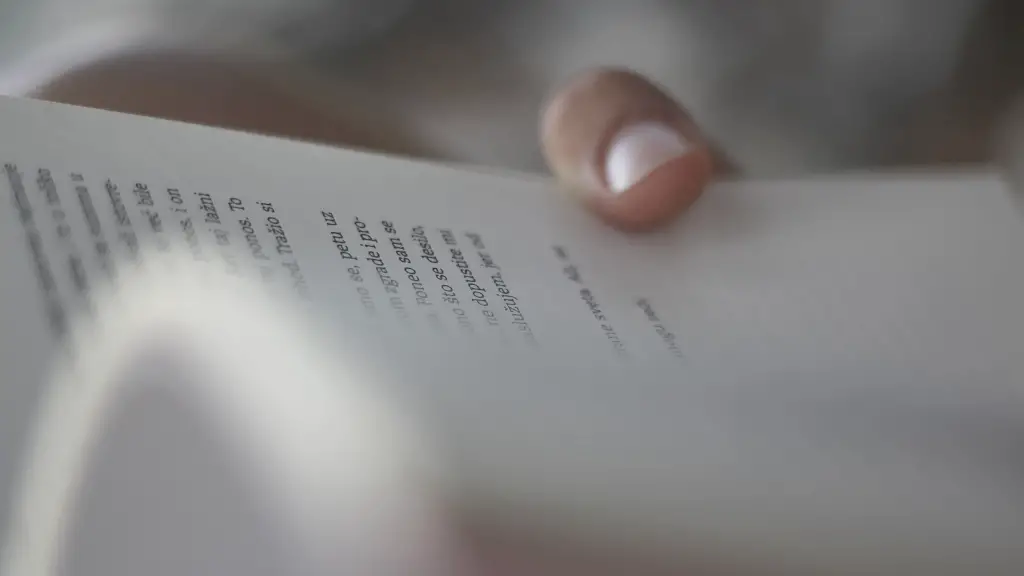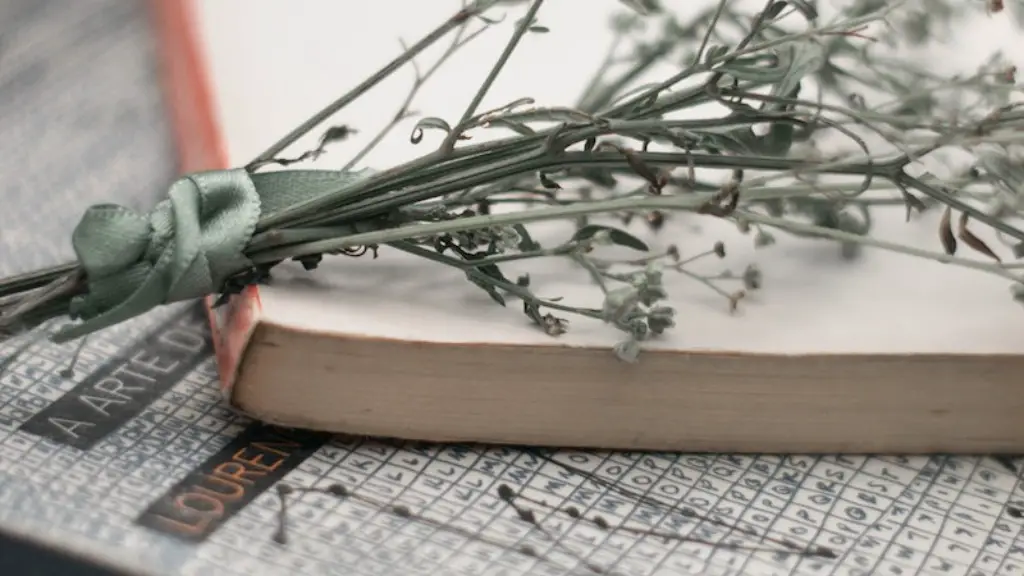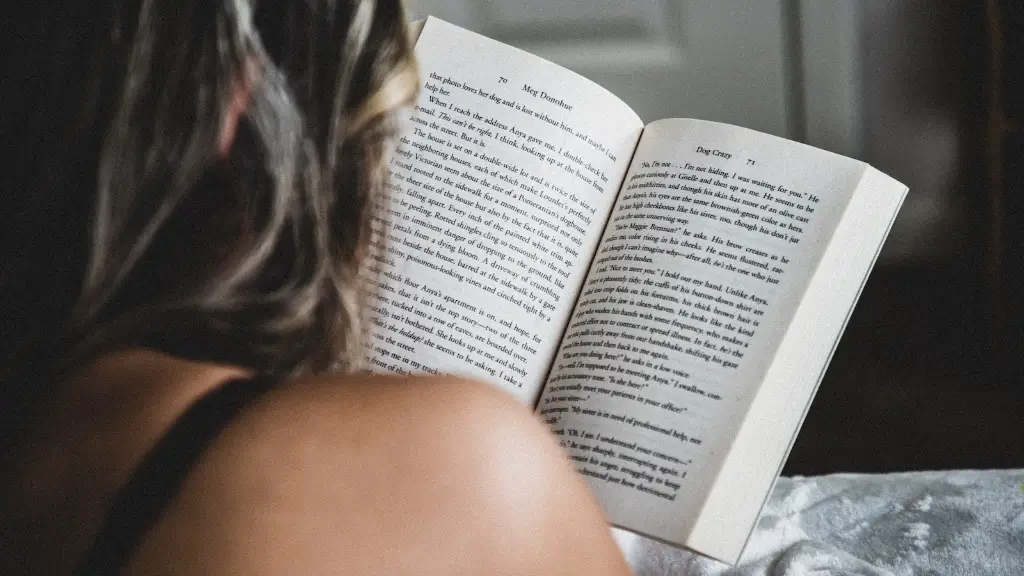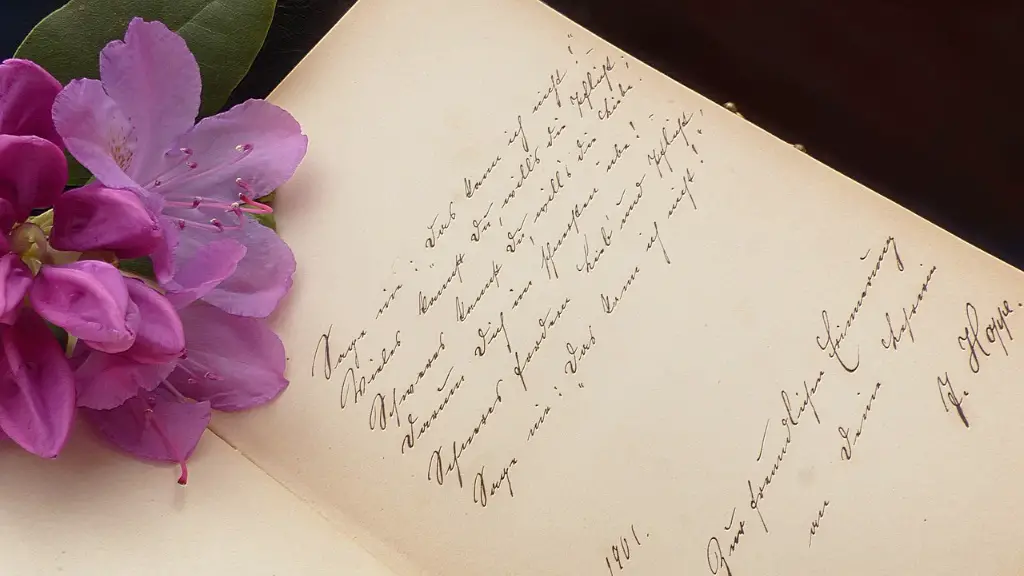The Power of Poetry: Striking the Right Emotional Chords
From its earliest beginnings, poetry has been a way of expressing emotion and conveying a story. Whether told through rhyme, free verse, metaphors, or allegories, poetry is a powerful form of communication and often allows the poet to express thoughts and feelings that are difficult to put into words. For centuries, people have been captivated by the emotive and often vivid imagery evoked by poetry.
A lot of power is attributed to the rhythm and musicality of the words as it speaks to the emotions of the reader and allows them to feel connected to the message of the poem. This often allows the reader to gain insight into their own emotions and encourages them to reflect on their experiences and emotions. By using a combination of images and words, the poet can create a much deeper emotional atmosphere and connection than could be done with words alone.
Poetry is also an excellent way to connect with an audience, as it is an art form that demands complete attention and engagement. By engaging with the poet and forming an understanding of their story and ideas, readers can identify and connect with their own situations and emotions. This impact is often heightened when the poem is being read aloud, as the reader and audience can further engage through a combination of physical gestures, vocal inflection and the overall atmosphere of the words.
A further power of poetry is its ability to allow the poet to explore their own perspective and thoughts, while giving their readers a glimpse into the poet’s world. Through its combination of creativity, music and rhythm, poetry gives the poet the perfect platform to articulate their own life experiences and ideas. It provides a way for the reader to truly empathise and appreciate the intricacies of the poet’s emotions and story.
In addition to its emotive power, poetry can also capture a moment in time and encapsulate it for years to come. Its words and imagery remain with readers long after the poem has been read and are often spoken about for generations. Through its combination of structure, rhythm and imagery, a piece of poetry can be made timeless, taking on its own life and remaining emotionally powerful over years, decades and centuries.
The Impact of Poetry Within Society
The power of poetry has had a significant impact within society throughout history. Regarded as a tool of storytelling and a form of communication, it has been used as a way of making sense of the world and to reflect on society’s issues. Its capacity to articulate emotions has made it a preferred medium for expressing sentiments about social issues, such as injustice and inequality. Writers such as Maya Angelou, Rabindranath Tagore and Emily Dickinson sought to express their views on the social and political environment through their poems.
The power of poetry has spanned the centuries and been immortalised in the works of famous writers. It has also been a way for people to articulate feelings and perspectives on events, such as the First and Second World Wars. Poetry has been used to represent and express multiple perspectives on war and difficult topics such as loss. It is often used as a way of provoking thought and understanding on events, as well as an outlet for emotion.
The modern world has witnessed an increase in the use of poetry to communicate values and perspectives, with social media providing people with a platform to express their emotions and share their views. From poets to rappers, there are multiple examples of people from different backgrounds using the power of poetry to communicate their ideas and to make sense of their worlds. For example, contemporary poets such as Warsan Shire, Rupi Kaur and Akeemjamal Rollins use poetry to discuss ideas around gender, race and identity.
Ultimately, poetry is a powerful tool for expression and communication. By weaving together words, imagery and emotion, it brings a unique perspective on the world. Whether through its ability to capture a moment, its emotive power, or its use in articulating feelings on social issues, poetry is a powerful form of communication.
The Evolution of the Poetry Form
Though the power of poetry is often associated with classic works, its form has evolved over time. During the twentieth century, the development of modernism sent shockwaves through the poetry world, with poets such as T. S. Eliot and W. B. Yeats bringing a bold new style to their writing. This opened up a new world of experimentation and creativity, encouraging poets to break boundaries and explore new forms.
The modern world has seen an even greater evolution in the form of poetry, with poetry often taking the form of spoken-word pieces, performance poetry and rap. These modern forms of poetry are often faster-paced and are used to express the thoughts and feelings of their writers in an unapologetic way. Many contemporary activist poets, such as Khalidah Mohammed Ali, use their poetry to speak out about injustice and inequality, taking the power of poetry to the next level.
Though many of the views and ideas expressed through poetry have evolved, its core remains the same: poetry uses words, emotions, and ideas to challenge, provoke, and inspire its readers. Even today, its power still reaches people in a way no other form of communication can. Whether expressed through rap, spoken-word, or traditional forms like sonnets, poetry has the power to strike chords that can last a lifetime.
The Power of Poetry Through Education
The power of poetry can also be felt in education, with poets such as Robert Pinsky believing that “teaching poetry is teaching people to think.” During his time as United States Poet Laureate, Pinsky created a program called the ‘Favorite Poems Project’ which invited people from all backgrounds to submit their favorite poem and explain why it was important to them. The project was welcomed by many, illustrating the power of poetry in touching and inspiring people.
In recent years, the value of teaching poetry in schools has grown, with teachers recognizing its emotive power and ability to help students comprehend their own emotions and actions. Many teachers now use poetry to engage with their students and help them to develop critical thinking and self-awareness. Its power is often reflected in the number of poetry clubs and societies seen in schools and universities.
In addition to its ability to foster self-awareness and critical thinking, the power of poetry has also been used as a tool to promote social change. Organisations such as The Arizona Slam Team, Youth Speaks and Get Lit teach students how to express their perspectives through their writing and delivery. These programmes serve to encourage students to think deeper and to use their poetry to challenge and provoke ideas around social issues.
Overall, the power of poetry is clear; it has the power to reach people and make them think more deeply about the world around them. From conveying stories and ideas to engaging with audiences and generating conversation, poetry will continue to be an ever-evolving and powerful art form.
Poetry In Literature
Though it is often associated with ancient works, poetry is still being used to convey stories and ideas today. Novels such as Cane, Beloved by Toni Morrison, and The Complete Poems of Paul Laurence Dunbar illustrate how poetry can be incorporated into literature, with its power being used to convey deeper meaning and to reach people in a unique way.
The use of poetry in literature is effective for a variety of reasons. As readers are required to take their time with a piece of poetry, it gives them the opportunity to really understand and appreciate the message and meaning of the language. By breaking up the text in the form of poetry, the reader is offered a glimpse into the heart of the story and the emotions of its characters.
Often, the use of poetry in literature helps to create an emotive atmosphere and allows the reader to enter the world of the author. As poetry can capture the essence of a moment, it brings a unique depth to literature, allowing the reader to gain insight into the perspectives, thoughts and feelings of the characters.
Though it has been around for centuries and has evolved in numerous ways, poetry is still a powerful art form which is used by writers to create impactful literature. From classic works to contemporary pieces, poetry is gaining more and more attention, with its emotive power carrying stories to generations of readers.
The Influence of Poetry on Artistic Expression
Poetry is often found in other come forms of artwork, such as film, music and theatre. Its emotive power and ability to touch the hearts of its audience has made it very popular in the entertainment world. Many films, such as Tae Guk Gi, Poetry and Life of Pi, feature poetic elements in their storytelling. Its influence can be seen in the music of Bob Dylan, Jimmy Hendrix and Leonard Cohen, as well as modern artists such as Kendrick Lamar and Nicki Minaj.
In theatre, too, its influence is powerful. From William Shakespeare’s tragedies to modern works like Brother, Sister and Fences, poetry is often used to create atmosphere and express emotion. Its lyrics often captivate an audience and the poetic structure of a piece can add new depths of feeling to a performance.
In the art world, too, its emotive power can be felt. For example, many street artists use poetry to reflect on politics and social issues, such as Banksy in his iconic artwork ‘Love is in the Air’. His art gives a visual expression to the power of poetry in capturing the complexities of life and provoking thought on key topics.
All in all, the influence of poetry can be seen in many forms of art and entertainment. Its power to reach people and make them think more deeply is evident; proving its timelessness and its remarkable capacity to reach people in any form.
